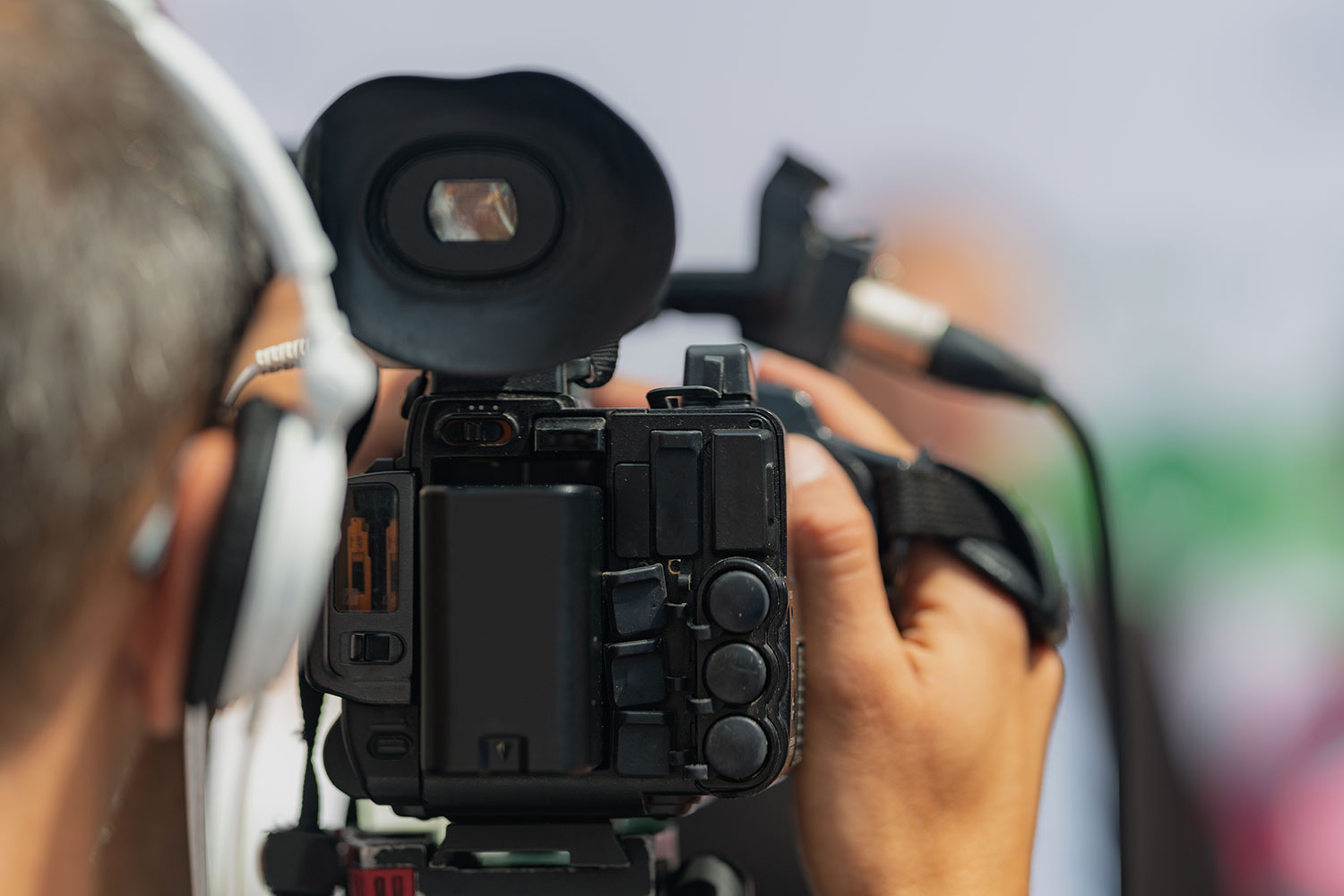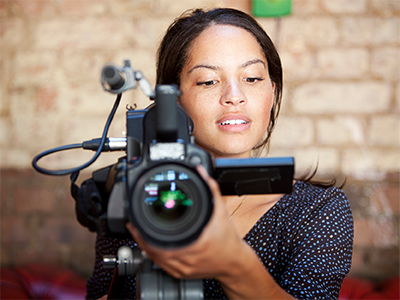Efficient Legal Videography for Paralegals.
Efficient Legal Videography for Paralegals.
Blog Article
The Duty of Legal Videography in Depositions and Trials
Legal videography has arised as a necessary tool in both depositions and tests, offering a complex method to recording witness testimonies. As lawful professionals progressively recognize its value, it prompts a much deeper examination of exactly how these aesthetic documents can influence juror assumptions and test outcomes.

Relevance of Legal Videography
Legal videography plays a crucial role in the documentation and presentation of depositions and tests. This specialized field integrates technological abilities with legal knowledge to produce a reliable record of proceedings that can substantially affect instance outcomes. The visual element of lawful videography boosts the understanding of witness statement, enabling jurors and courts to observe not only the talked words but likewise the temperament, emotions, and body language of the witnesses.
Furthermore, legal videography provides an unbiased account of events, minimizing the possibility for false impression that can take place with composed transcripts alone. This aesthetic documentation works as a vital tool during trial discussions, facilitating a more clear and more convincing story for both complainants and defendants. Additionally, the capability to replay video clip sections throughout court process enables legal teams to stress crucial factors, reinforcing their arguments properly.
The value of lawful videography expands past the courtroom; it likewise plays a crucial duty in protecting proof for future referral, whether for appeals or further legal action. Its integration right into the lawful procedure is essential for making sure a reasonable and precise representation of the truths, inevitably adding to the search of justice.

Process of Legal Videography
While catching the nuances of depositions and tests, the procedure of lawful videography entails several important actions that make certain top quality, accurate recordings. Originally, a professional lawful videographer prepares by evaluating the instance products and comprehending the specific demands of the deposition or trial. This prep work includes acquainting themselves with the participants and the context, which assists in catching significant information.
On the day of the recording, the videographer establishes up the needed devices, which typically includes high-definition video cameras, microphones, and appropriate lights. Making certain ideal angles and audio high quality is crucial, as it directly affects the efficiency of the recording. The videographer connects with lawyers and participants to establish methods, making sure that everyone recognizes the recording procedure.
During the deposition or trial, the videographer diligently tapes the proceedings, paying close attention to both verbal and non-verbal signs. This includes capturing the temperament and reactions of witnesses and attorneys. After the session wraps up, the videographer might edit the video footage for clarity and compliance with legal requirements, generating an end product that properly reflects the procedures for future reference and use in lawful contexts.
Advantages in Depositions
The unification of videography in depositions supplies many advantages that enhance the general process of collecting evidence. One key benefit is the capacity to catch witness statements with aesthetic and acoustic integrity, supplying a much more precise representation of the witness's attitude, tone, and body language. This multidimensional approach enables attorneys and juries to analyze reputation much more effectively than typical written transcripts alone.
Additionally, videographed depositions serve as a powerful tool for preserving testimony. Must a witness become unavailable for test, their tape-recorded deposition can be played in court, guaranteeing that their proof stays available and appropriate. This facet significantly reduces the risk of shedding essential information that might impact case outcomes.

Lastly, videography boosts the overall professionalism of the deposition process, instilling self-confidence in customers concerning the look at these guys thoroughness of their legal representation (legal videography). By leveraging technology, lawyers can significantly enhance the performance of depositions
Effect On Tests
In many tests, the combination of videography can considerably affect the discussion of proof and the jury's understanding. Legal videography catches witness testaments and essential proof in a vibrant layout, permitting jurors to involve with the product on multiple degrees. This visual element boosts the storytelling aspect of a trial, offering context and emotional resonance that conventional text-based evidence might lack.
Moreover, video recordings can act as effective tools for impeachment during interrogation. When disparities develop between a witness's prior declarations and their court room statement, video evidence supplies an unbiased recommendation that can sway jurors' opinions. This immediacy and clarity can strengthen the reliability of a celebration's story while simultaneously weakening opposing debates.

Future Trends in Legal Videography
As we look towards the future of legal videography, numerous emerging trends guarantee to improve its role within the court. One considerable trend is the integration of expert system (AI) in video clip analysis and editing and enhancing. AI can enhance the procedure of recognizing vital minutes in recorded depositions, permitting attorneys to promptly access relevant material, therefore boosting performance in instance prep work.
Additionally, the surge of virtual truth (VIRTUAL REALITY) and increased reality (AR) modern technologies is anticipated to change just how jurors experience evidence. legal videography. By immersing jurors in a simulated setting, these modern technologies can give a much more profound understanding of intricate situations, bring about more educated deliberations
In addition, the raising need for remote depositions, Resources increased by the COVID-19 pandemic, will likely proceed. Legal videographers will need to adjust to new software application and systems to guarantee top quality recordings in online setups.
Lastly, the growing focus on information safety will certainly require stricter methods for saving and sharing video evidence. As the lawful landscape progresses, lawful videographers should stay abreast of these fads to keep their significance and performance in the judicial process.
Verdict
In summary, lawful videography serves a vital feature in the judicial procedure, Full Article boosting the integrity of depositions and trials. As technology proceeds to advance, legal videography is positioned to further transform its function within the lawful landscape.
Report this page